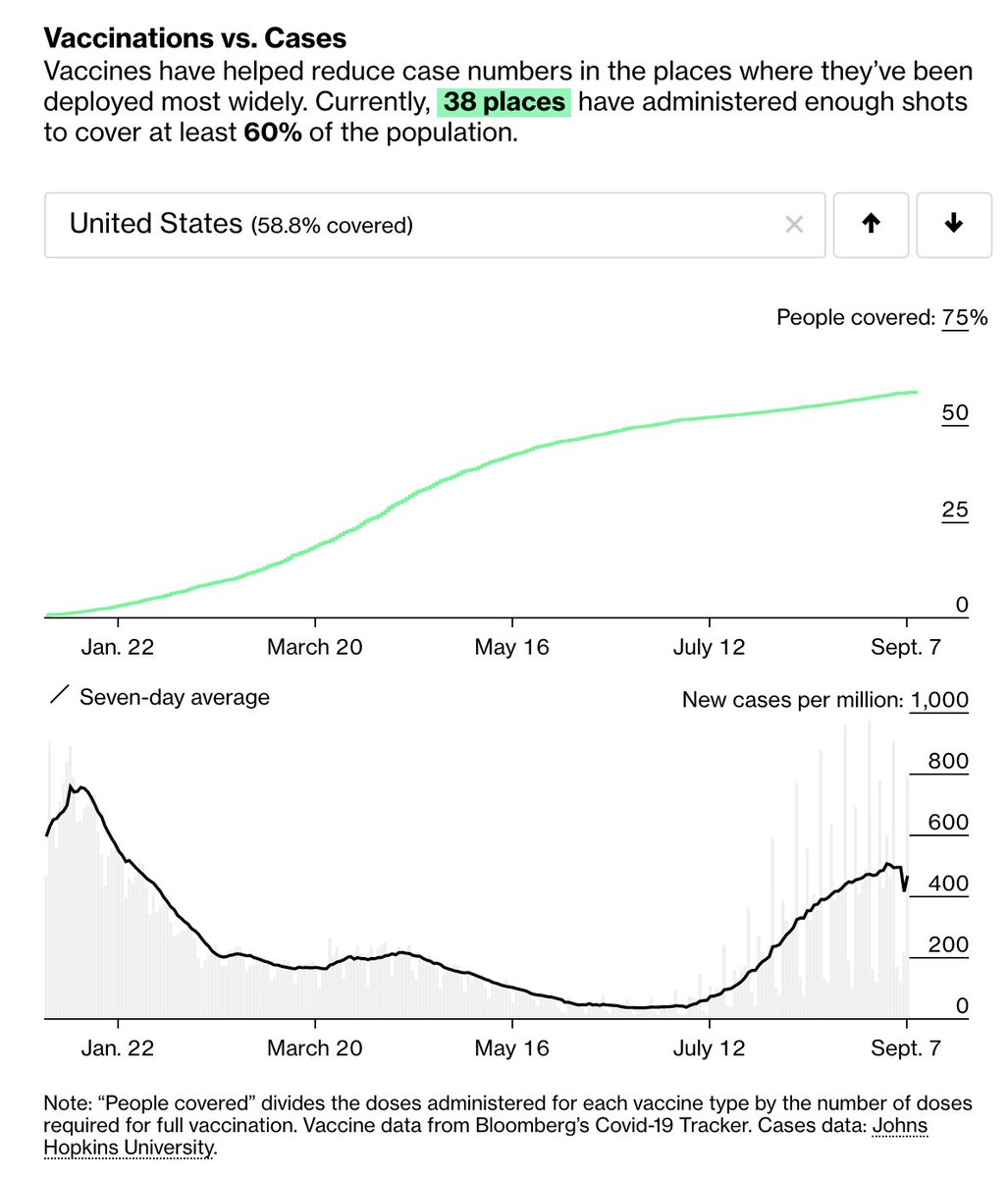
Stagflation? Really?!
A brief chart-laden thread
1/
A brief chart-laden thread
1/
Each day, I read tons of economic + market commentary. Some of it is good, some not so good, and some just awful.
The most harebrained of these is the claim that we are entering a 1970s-like era of stagflation.
Why? Because the data says otherwise.
ritholtz.com/2021/11/stagfl…
2/
The most harebrained of these is the claim that we are entering a 1970s-like era of stagflation.
Why? Because the data says otherwise.
ritholtz.com/2021/11/stagfl…
2/
Consider these 10 different economic factors to prove/disprove the claim:
Misery Index
Unemployment (U3)
Inflation (CPI)
Real Wages
Productivity
QUITs Rate
Business Formation
Sentiment
Confidence in Institutions
Civil Unrest
9/10 were dissimilar between 2020 + 1970s
3/
Misery Index
Unemployment (U3)
Inflation (CPI)
Real Wages
Productivity
QUITs Rate
Business Formation
Sentiment
Confidence in Institutions
Civil Unrest
9/10 were dissimilar between 2020 + 1970s
3/
You can see the breakdown below:
The only remotely similar item is Civil Unrest, which was rising in both eras.
ritholtz.com/2021/11/stagfl…
4/
The only remotely similar item is Civil Unrest, which was rising in both eras.
ritholtz.com/2021/11/stagfl…
4/

Consider Real Wages: Average Hourly Earnings versus CPI Inflation
Inflation was running much hotter than Wages in the 70s; It was briefly above wage gains during the pandemic collapse but has been mostly below wage gains recently.
5/
Inflation was running much hotter than Wages in the 70s; It was briefly above wage gains during the pandemic collapse but has been mostly below wage gains recently.
5/

Consider the Misery Index (CPI + U3)
70s era 9-10% unemployment + 12-15% inflation was devastating. The Misery Index spent a decade averaging over 15.
In 2020, it was over 15 briefly before falling back to 10-11, where it is now. It's less than half of the 1970s-80 era.
6/
70s era 9-10% unemployment + 12-15% inflation was devastating. The Misery Index spent a decade averaging over 15.
In 2020, it was over 15 briefly before falling back to 10-11, where it is now. It's less than half of the 1970s-80 era.
6/

Unemployment was persistently high 8-10% in the 1970s
It fell to very low levels post GFC, briefly spiked mid-pandemic before falling once again to under 5%.
When it comes to unemployment, these two eras could not be more different.
7/
It fell to very low levels post GFC, briefly spiked mid-pandemic before falling once again to under 5%.
When it comes to unemployment, these two eras could not be more different.
7/

And inflation? REALLY?!
All you need to do is look at the chart of CPI and you can see how silly the comparison is...
8/
All you need to do is look at the chart of CPI and you can see how silly the comparison is...
8/

What about Productivity?
Output per worker hour, cumulative productivity gains, any way you care to measure it shows employers are getting much more output out of employees than in the pre-Computer era 1970s when we (JFC) USED TYPEWRITERS, ROTARY PHONES + SNAIL MAIL!
9/
Output per worker hour, cumulative productivity gains, any way you care to measure it shows employers are getting much more output out of employees than in the pre-Computer era 1970s when we (JFC) USED TYPEWRITERS, ROTARY PHONES + SNAIL MAIL!
9/

These two data series don't go back to the 1970s, but anecdotally, that era had low QUITs and only modest new business formations.
10/

10/


You can see all of these charts at link below but the bottom line is this:
The economic data does not support the claim that we are in a remotely stagflationary era.
ritholtz.com/2021/11/not-th…
/END
The economic data does not support the claim that we are in a remotely stagflationary era.
ritholtz.com/2021/11/not-th…
/END
I was going to add GDP but FRED is "Currently down for maintenance."
Will update this later
Will update this later
• • •
Missing some Tweet in this thread? You can try to
force a refresh















